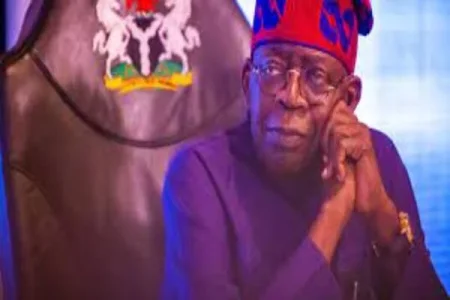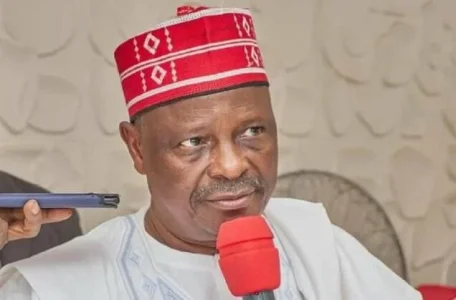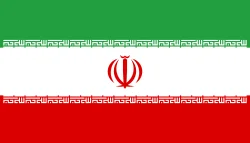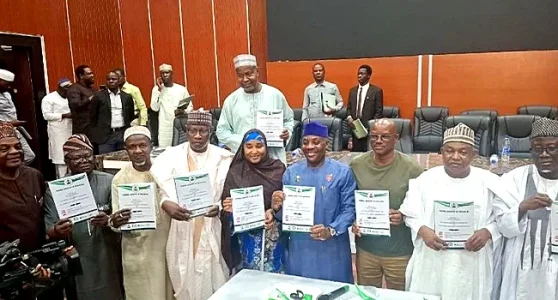
Nigerian President Bola Tinubu has characterized Nigeria as a nation plagued by "leadership elephantiasis" under previous administrations, promising a departure from this trend.
Addressing a delegation from the United States Congress led by Senator Cory Booker, Tinubu emphasized his determination to enact transformative change in Nigeria. In a statement released by his media aide, Dada Olusegun, Tinubu affirmed his commitment to democratic principles and the rule of law, highlighting the importance of citizens' power in sustaining democracy.
He underscored his sacrifices in the fight for democracy and condemned military interventions in Nigeria's governance. Although Tinubu refrained from specifying which predecessors he referred to, his remarks allude to the challenges faced during past administrations, marked by corruption, electoral fraud, poverty, and insecurity.
Notably, Nigeria experienced intermittent military rule between 1966 and 1993, with subsequent democratic transitions marred by various socio-political issues. Tinubu's pledge to break the cycle of leadership shortcomings resonates amid ongoing efforts to consolidate Nigeria's democracy and address longstanding governance issues.He condemned past military interventions that disrupted democratic processes, stressing the importance of citizen participation in governance.
However, Nigerians have expressed skepticism, with many questioning Tinubu's sincerity and criticizing his political record. Some argue that Tinubu's tenure as a political figure is marked by similar issues of corruption and inefficiency, undermining his credibility as an agent of change.
This sentiment underscores widespread disillusionment with the political class and skepticism regarding promises of reform. Tinubu's statement has reignited debate on Nigeria's political landscape, highlighting the complexities of governance and the challenges facing democratic institutions




